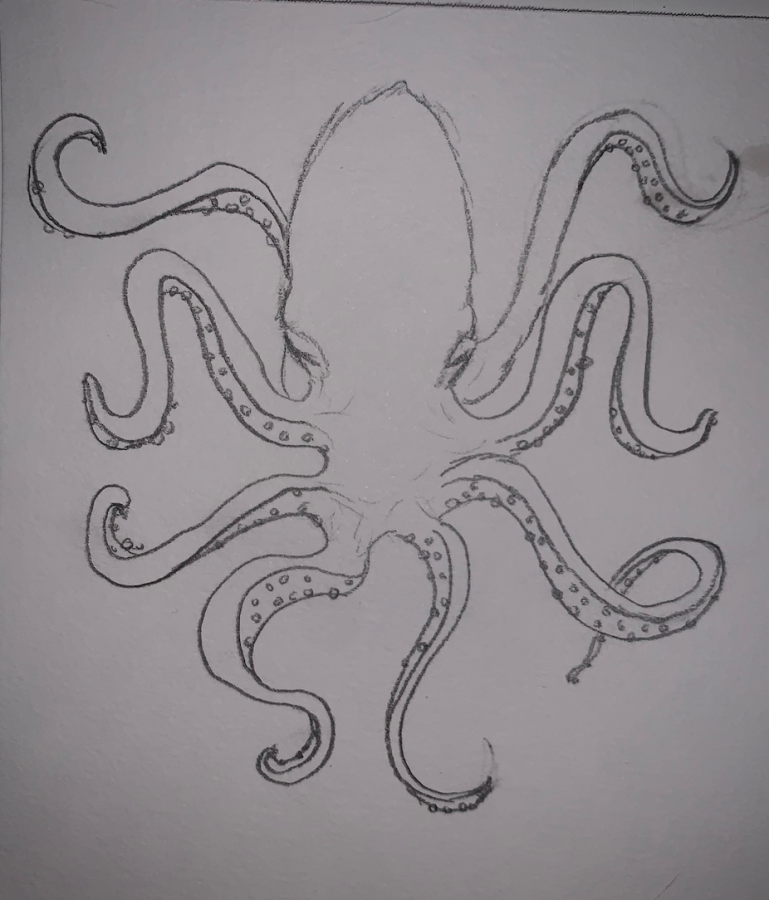In recent years, pushback against the unethical conditions animals endure in the meat and dairy industry has been greater than ever. Despite this, these industries continue to flourish, and even expand. Now, scientists are anxious about the effects of the newly introduced commercial octopus farming, something previously not thought to be possible.
The octopus is used in meals throughout the world and primarily in Asian countries, an estimated 350,000 tonnes are caught per year. As they are in demand, farmers have been attempting to breed the species in captivity for decades, but due to the specific conditions the creature needs to survive, no one has been able to successfully raise octopi in captivity.
That is, until now. One seafood commercialization company in Spain known as Nueva Pescanova has become the first company with the ability to farm the sea creature. The company has announced the sale of the animals to begin in 2023, and it is estimated that they will produce about 3,000 tonnes of octopus each year.
However, scientists and conservationists recognize the complete ethical dilemma this perpetuates. As of 2021, the octopus has been labeled a sentient creature, along with squids, crabs, and lobsters. This means the animal is capable of experiencing feelings such as joy, pleasure, excitement, pain, distress and more.
They are extremely intelligent. In fact, it has been reported the animal has been able to solve puzzles, deceive, defend themselves with shells, communicate using patterns, alter their own behavior in situations they are not familiar with, and even form social relationships amongst one another and other species. Shockingly, the animal has even been known to escape from captivity such as aquariums, and steal from fishing traps.
Therefore, the highly intelligent species would be completely aware of the conditions they are to be raised in, and would no doubt suffer greatly as a result. Nueva Pescanova continues to refuse to reveal the conditions the animal will be bred in. Moreover, important information such as tank size, the diet of the animals, and how they will be ultimately killed are all being kept from the public.
It is no coincidence this information has been withheld, and begs the question, if the company is not comfortable with the truth being known, how can they feel comfortable continuing to operate?
Due to their highly intelligent and social nature, the octopus will suffer from lack of cognitive stimulation. While one may argue the consumption of the animal is entirely wrong, it is made far worse when they are raised in captivity, rather than caught in the wild.
Octopus in the wild have significantly longer life spans, and experience far more mental stimulation. Raised in captivity, they die sooner, are at risk of bacterial infections, and suffer, no matter how ‘humanely’ companies claim to go about the raising of the species.
Ultimately, we must listen to scientists, and acknowledge the objections from conservationists and researchers alike. While the Nueva Pescanova website claims the company is “firmly committed to aquaculture as a method to reduce pressure on fishing grounds and ensure sustainable, safe, healthy, and controlled resources, complementing fishing” it is obvious that nothing about its practices are sustainable or safe.
Rather, it is an entirely unethical practice that can not be allowed to happen. No longer can we allow for the knowing suffering of sentient beings to continue simply for commercial gain. While the debate is complicated as it calls into question many cultural complexities, it is clear that this method of consuming octopus must not come to fruition.














